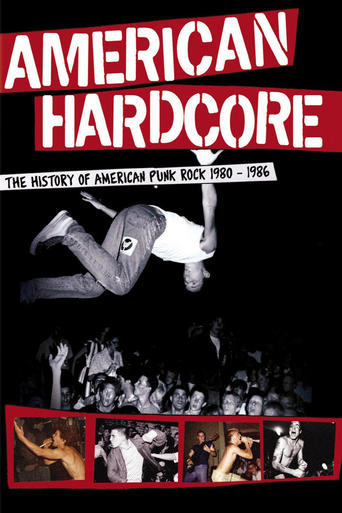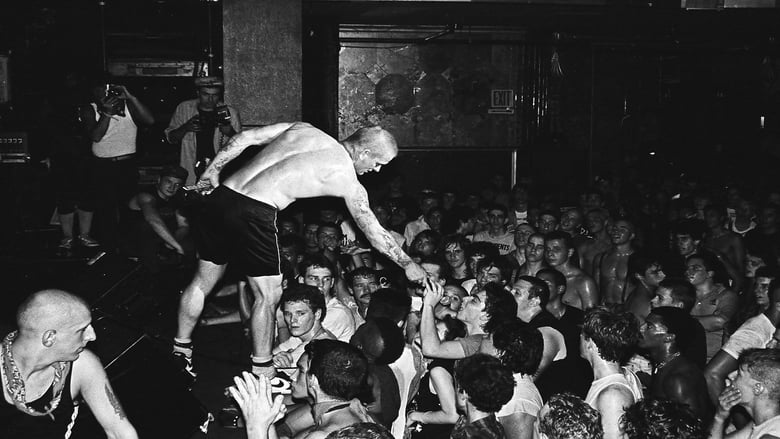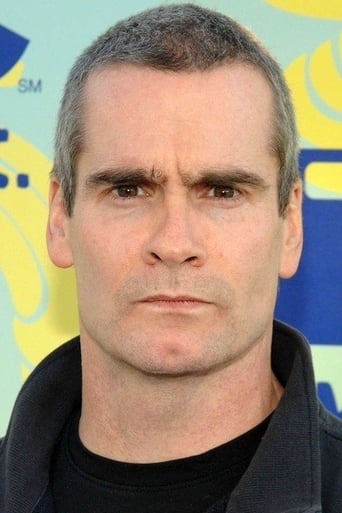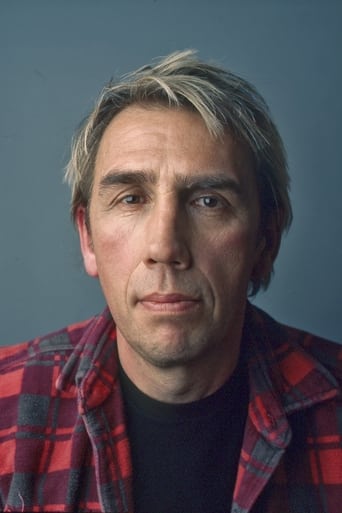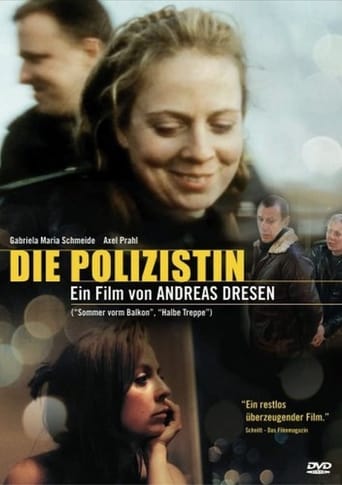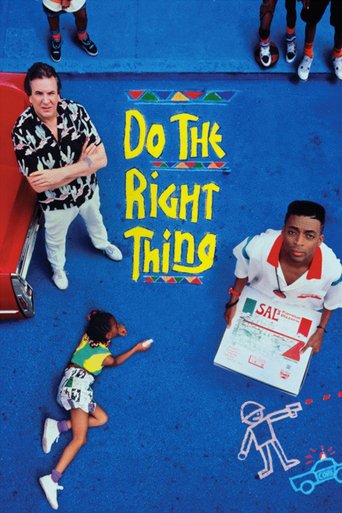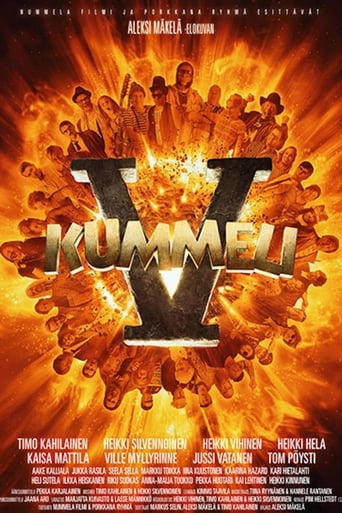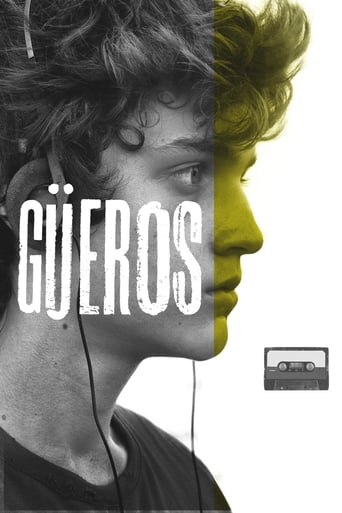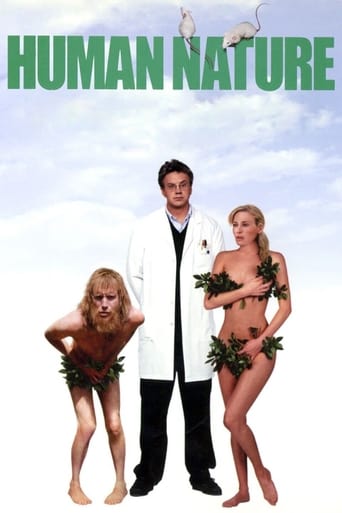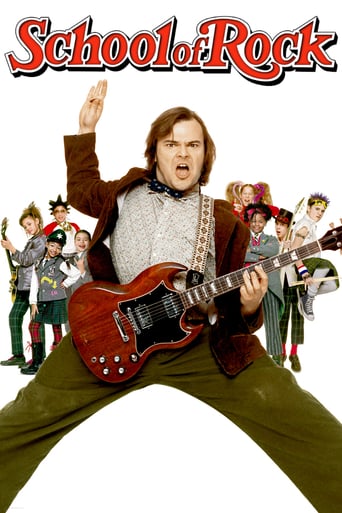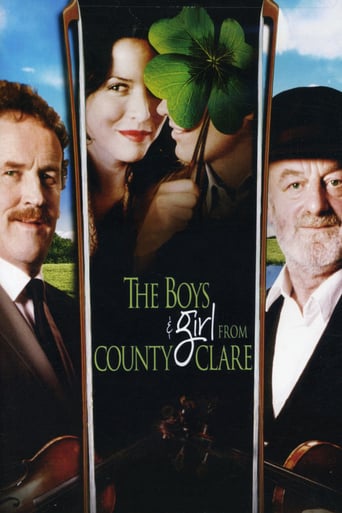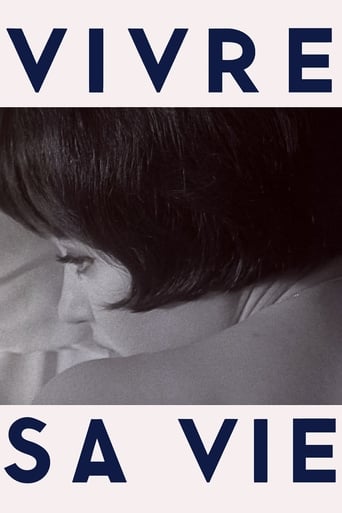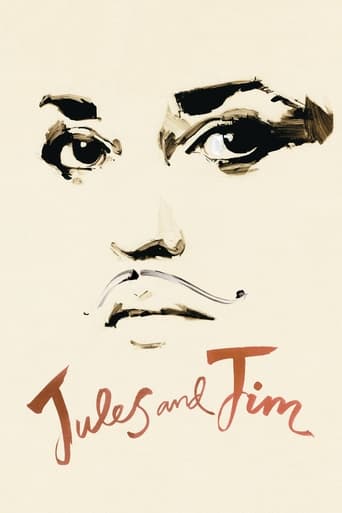American Hardcore (2006)
Inspired by Steven Blush's book "American Hardcore: A tribal history" Paul Rachman's feature documentary debut is a chronicle of the underground hardcore punk years from 1979 to 1986. Interviews and rare live footage from artists such as Black Flag, Bad Brains, Minor Threat, SS Decontrol and the Dead Kennedys.
Watch Trailer
Cast


Similar titles
Reviews
I love this movie so much
The Worst Film Ever
So much average
Like the great film, it's made with a great deal of visible affection both in front of and behind the camera.
This was really bad and this was not a documentary. The directors/creators must have watched a 24-hour marathon of "I love the (insert decade here)" on VH1 and decided it was a good model for this waste of an hour and forty some-odd minutes.American Hardcore watches more like a diary about growing up angry with other angry numb-skulls in a time that remains intentionally forgotten and willfully deserted by the founders themselves and also misunderstood by the idiots who try to replicate these bands today.One of the interviewees said it best, that for the kids in HC in the 70s-80s, it was all about the current time period, and everything was all about "living in the moment". That is the entire thesis of HC and this "movie". It was in the moment, so anyone who lived outside of this moment could either care less or not fully understand why HC is what it is (was).This movie puts up no-name bands on a pedestal as if they somehow mattered or inspired the progression of the HC scene or that they were these "innovators" of music. No, they were not. Only Bad Brains deserve any sort of credit and then yeah, Minor Threat, but I think it is important to note that Minor Threat was significant ONLY because of Ian and nothing else. All these other bands were mentioned that either did not matter or were so local that they were only added for the producers own personal enjoyment or they were actually being interviewed in the film (see the band "Fartz").The interviewer was obviously some guy who was all intimidated by these interviewees and the questions he asked were obviously safe, boring, lame and along the lines of "so...uh, how was being in (insert band name) and what show did you have fun at..?" Bad director, bad momentum, bad graphics, bad music, bad everything.In a nutshell, DO NOT waste your time on this unless you are: a) one of the people being interviewed in the movie or the director himself or b) went to at least five of the shows mentioned in the movie Otherwise, you will not care. People who know nothing about hardcore will understand hardcore even less after watching this and people who like hardcore post-86 will just be all starry-eyed wishing they were around to see all these bands at their "first shows" (and then they broke up a week later).No reference to time frame, no reference to what happened after 86, no reference to um...what the hell all these people are doing...I see some hanging out in front of computers....soo...I assume they are working with something involving the possession of a computer?? It was pretty funny to see Henry Rollins start of using big words that he himself could not even pronounce correctly, and then dumb down to how he really is....just another "dumb jock" who tries to act like he is an intellectual and some sort of commentator on current society.This movie spells out exactly how stupid this entire scene was and shows how it eventually fell apart by HC's own self inflicted "code of conduct". They thought it was fun to punch and kick at first, then other people started doing it other than people in the band or the band's crew, and uh-oh...that's "too much". As Ian said, "I am done with this". TAKE A HINT HC BANDS OF TODAY, GIVE IT UP AND STOP WASTING THE YOUTH'S TIME like somehow being a HC kid will benefit them any more than 2 years from the ages of 15-17.
American HARDCORE, the cinematic version of Steven Blush's awesome historical book, is only an incomplete look at the hardcore era at best. While it is obviously understandable that covering such a vast subject, one is always bound to leave somethings out, this film leaves A LOT out. The book was pretty much an accurate (and biased) account of the hardcore days, complete with the era's key players (MINOR THREAT, DEAD KENNEDYS, MISFITS, BLACK FLAG, HUSKER DU, CIRCLE JERKS, D.O.A., M.D.C., BAD RELIGION, TSOL, BAD BRAINS, AGNOSTIC FRONT, CRO-MAGS, etc.)to the extent of devoting entire chapters to some of these bands. The film, which could have been an intense documentary with head and toes in the chronological department, ends up being just a string of interviews with little order and ending on an empty note. While the book's author managed to do interviews with DEAD KENNEDY's Jello Biafra and HUSKER DU's Grant Hart, they are NOWHERE mentioned in the film, save for their brief logo appearances and Henry Rollins mentioning them. MISFITS, who had an entire chapter dedicated to them, are also missing in the film, with just a brief interview with ex guitar player Bobby Steele. The film has loads of interview clips with Henry Rollins, Ian Mcaye, Dave Dictor, Bad Brains' Dr.Know and HR, Bad Religion's Greg Hetson, Brett Gurewitz and Brian Baker, the SSD guys, CRO-MAGS' Harley Flanagan, AGNOSTIC FRONT's Vinnie Stigma, TSOL, ADOLESCENTS, ARTICLES OF FAITH's Vic Bondi and some other, minor players of the HC scene. The interviews are fun and insightful, but the overall look of the documentary lacks cohesion. It ends up being just a documentary about 40 something punk rockers reminiscing about their glory days. What could have been the documentary's saving grace are the live performances, which to this very date, are extremely hard to find, save for the more long standing Hardcore bands. There's some excellent footage of BLACK FLAG playing in what appears to be their final days and it looks and sounds very powerful, almost metal like. But this performances are limited at best.Despite my obvious complaints, American HARDCORE looks like it was a work of people who really love the scene. They just could have put it together more cohesively and in a more chronological order, with maybe a voice-over explaining certain aspects of the hardcore era (much like METAL: A HEADBANGERS JOURNEY, which was put together much better).If you like this type of music ( I happen to LOVE it!), you'll do no wrong in getting a hold of American HARDCORE, but if you want a more in depth and complete look, get the book also.
I remember reading a review of American Hardcore in one of the weeklies in Portland. It stated something to the extent that if you know hardcore, you will not learn anything and if you know nothing about hardcore, you won't learn much. I can't agree more.As someone that has a fair amount of knowledge of the history of the American Hardcore movement, I don't feel like I learned much new about hardcore. And, I have talked to others that know little about hardcore and they had a hard time tracking.I was also surprised about some of the things that were missing. How could Maximum Rock n' Roll be left out? Maybe the Dead Kennedys were left out because of all the legal stuff going on with them now or maybe because a lot of old punks don't like them now. I know there is only so much room and info someone can squeeze into two hours, but it is hard to see how certain things were left out of it.I think it was a good attempt. The director should have made a better decision and either make it a movie for someone that knew nothing or a movie for the more advanced viewer. Still, if you are a fan of hardcore or you are perhaps a younger viewer that has some interest in the hardcore punk movement of the early 80's, it is worth renting.
The documentary contains all the cheeky references and attitude of the American hardcore punk scene of the early 1980s but none of the primitive, wild man spirit of its greatest performers. Obnoxious talking heads interspersed with a tandem of epileptic audio-visual assaults induce more migraine than actual biting barbs against the conservatism of Reagan's 80s. Paul Rachman's obtuse but energetic approach to "American Hardcore" does abrasively attribute the era's barren politicking as the genesis for punk. His beloved subculture erroneously comes off as a social disillusionment bordering on one massive circle jerk that has to staunchly defy the recidivism of that old, tired order belonging to its subjects' parents in order to be relevant. But instead of edifying its esoteric appeal, it gives reason to punk philosophy's own vain aggressiveness and inadvertently lays out the groundwork for to become just another anachronistic casualty.

